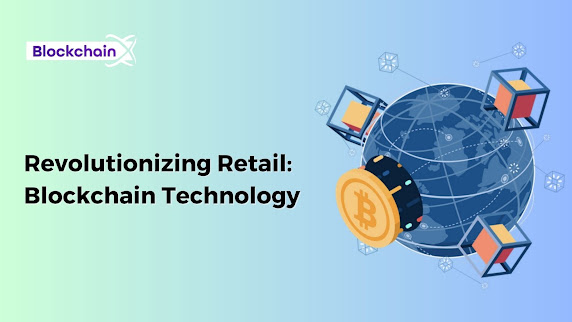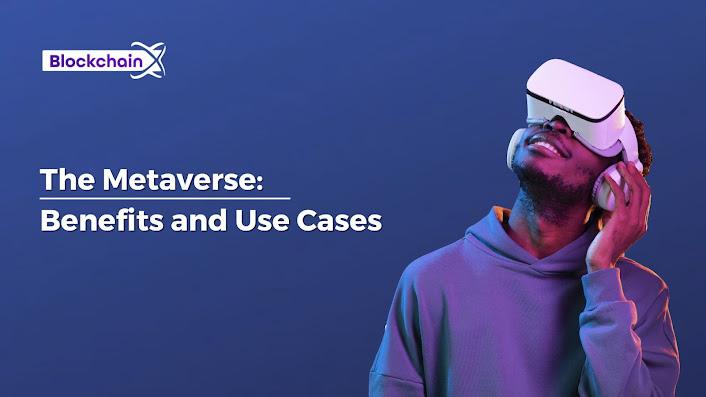Exploring the Metaverse: Unveiling the Future of Digital Experiences

Introduction The concept of the metaverse has gained significant attention in recent years as a vision of a fully immersive and interconnected virtual world. It represents a paradigm shift in the way we interact with digital environments, offering endless possibilities for entertainment, communication, commerce, and beyond. This article delves into the development of the metaverse, exploring its potential, challenges, and implications for various industries. Defining the Metaverse The metaverse is a term that refers to a collective virtual shared space that encompasses augmented reality (AR), virtual reality (VR), and the internet. It can be understood as a vast interconnected network of digital environments, benefits of the metaverse where users can interact with each other and with digital objects in real-time. Unlike traditional virtual reality experiences that are often isolated and individual, the metaverse aims to create a persistent and immersive universe that transcends indiv

